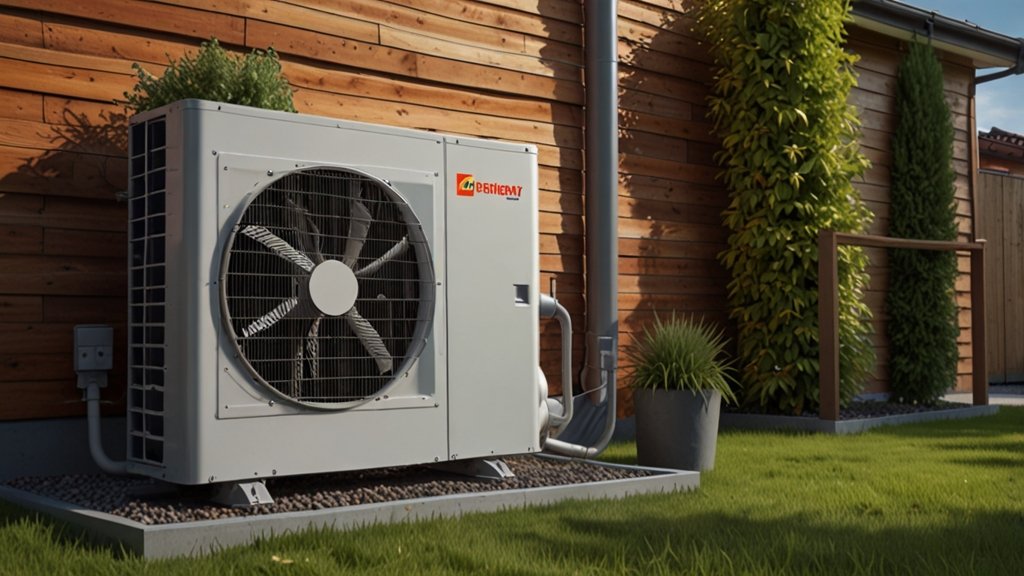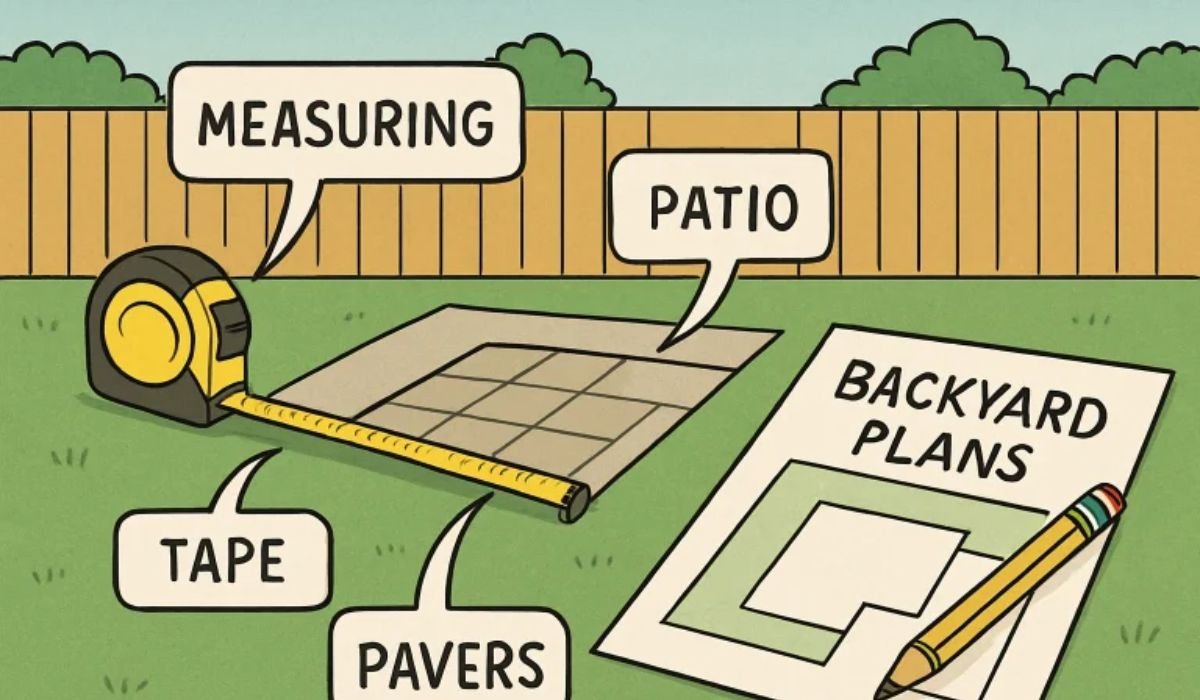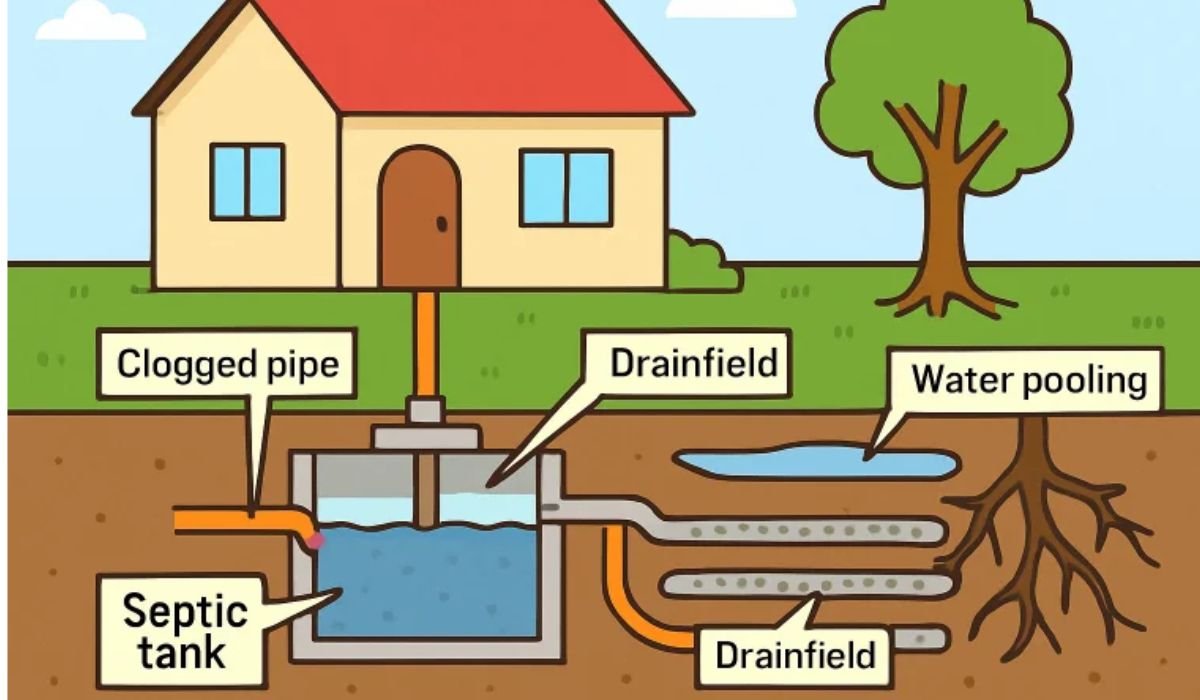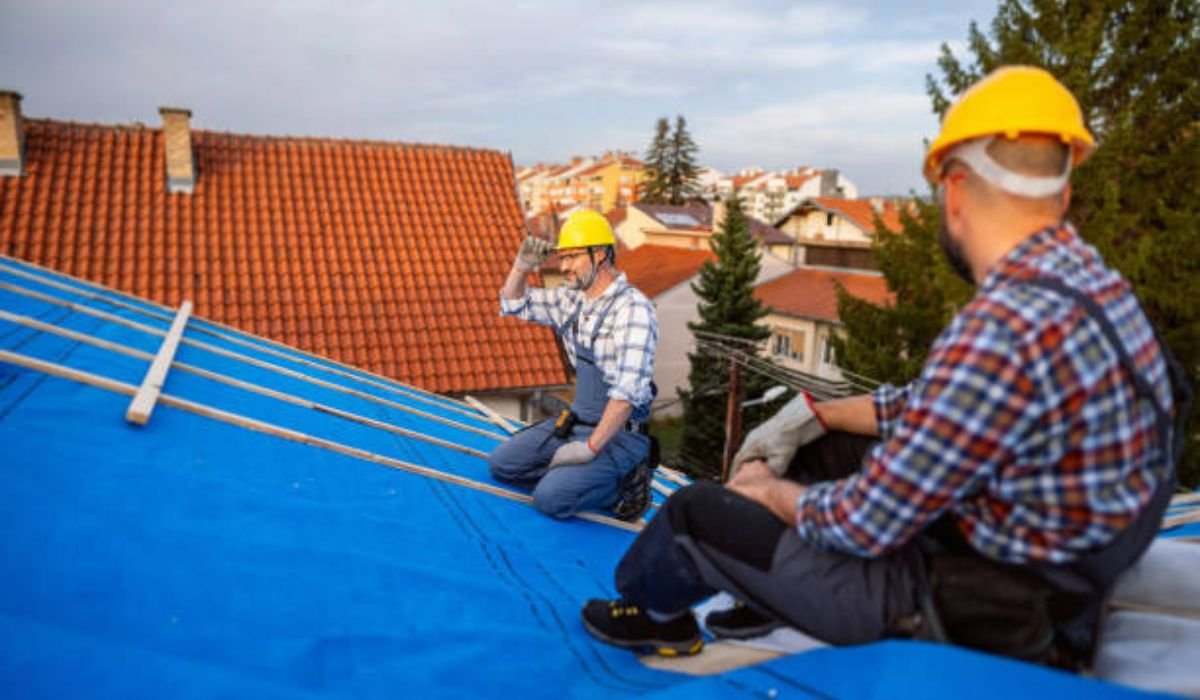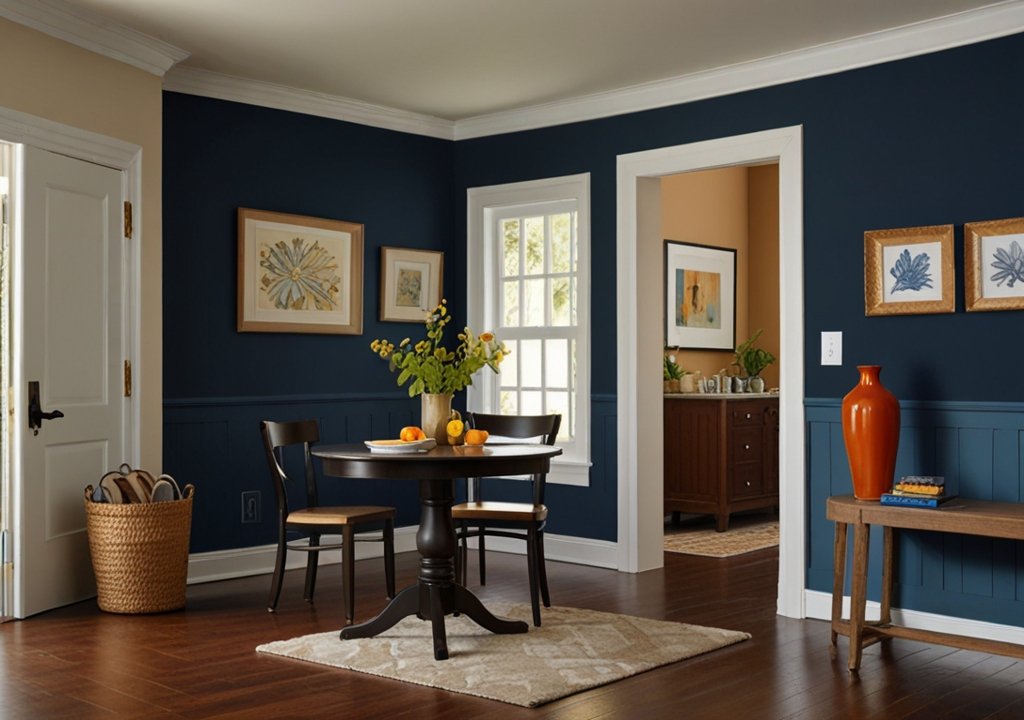What Is a Heat Pump?
Heat pumps work year-round by transferring heat rather than generating it. During warmer months, they extract heat from inside your home and release it outdoors, just like an air conditioner. In the winter, this process reverses: the pump draws heat from the outdoor air (or ground, in the case of geothermal models) and brings it inside, even when the outside air feels cold. The beauty of this approach is that it capitalizes on physical laws to create comfort instead of relying on constant energy consumption. This flexibility makes heat pumps an increasingly attractive solution for homeowners committed to keeping utilities lower while maintaining a reliable and adaptable comfort system.
Heat pumps are emerging as one of the most practical and efficient solutions for climate control in modern homes. At their core, heat pumps operate on a simple principle. Instead of generating heat by burning fuel or using high amounts of electricity, they move existing heat from one place to another. This innovative method means they can provide heating and cooling using a fraction of the energy required by traditional HVAC systems. The surge in interest for heat pump installation in Denver and throughout the country reflects a broader shift toward versatile and cost-effective home upgrades that work in various environments and home styles. These systems are rapidly becoming a go-to recommendation for energy-conscious homeowners searching for consistent comfort and reduced costs.
Benefits of Heat Pumps for Homeowners
Heat pumps offer homeowners significant benefits beyond their basic functionality. They can significantly reduce monthly utility expenses by up to 50% compared to electric resistance heating systems, resulting in hundreds of dollars in annual savings. Heat pumps also provide a gentle airflow, eliminating uncomfortable hot or cold spots in different rooms. They also have built-in air filtration systems, trapping dust, pollen, and bacteria, improving indoor air quality. Heat pumps also eliminate the risk of carbon monoxide leaks, making them a safer, healthier, and more cost-effective way to regulate indoor temperatures. Additionally, many models are designed to operate quietly, contributing to a more peaceful home environment. Their ability to dehumidify the air during summer months adds another layer of comfort and energy efficiency. As technology advances, newer heat pumps are becoming even more adaptable to extreme climates, expanding their effectiveness across more regions.
How Modern Heat Pump Technology Works
Heat pumps have evolved significantly, with modern technology enhancing their resilience and efficiency. Advanced compressors and variable refrigerant flow systems enable them to adapt to a home’s heating or cooling needs, reducing energy waste. Modern heat pumps are also designed to perform reliably in colder climates, with some capable of comfortably warming homes even in -15°F or lower temperatures. Improved sound insulation and vibration-reducing designs make these models quiet and suitable for a broader range of households.
Energy Savings and Environmental Impact
Heat pumps are becoming an integral part of modern homeownership, as they operate efficiently and have a smaller environmental impact than fossil-fuel-powered heating systems. Nearly half of a typical American household’s energy goes to heating and cooling. Swapping out old equipment for high-performing heat pumps can significantly reduce household energy consumption and greenhouse gas emissions. The widespread adoption of heat pumps could play a significant role in national climate strategies, especially when paired with rooftop solar or community renewable programs.
Choosing a Heat Pump for Your Home
When choosing a heat pump, consider factors like square footage, insulation quality, windows, and local climate. Professional contractors calculate heating and cooling loads to ensure performance and efficiency. Efficiency ratings, such as SEER and HSPF, indicate lower operating costs and superior performance. Check for incentives from utility companies and local governments to offset upfront costs. Extra time in the selection process can lead to comfort, health, and long-term savings. A properly sized and installed system will run more quietly and maintain consistent indoor temperatures. Modern heat pumps also offer features like variable-speed compressors and smart thermostats, enhancing control and energy savings. Consulting with an experienced HVAC professional can help you navigate options tailored to your specific needs and home layout.
Addressing Common Misconceptions
Heat pumps are often misunderstood for their inability to provide enough warmth in cold climates. However, modern systems use improved compressors and refrigerants, operating efficiently even in freezing temperatures. Scandinavian countries have already adopted heat pumps due to harsh winters. Noise concerns are common, but manufacturers have made strides to minimize them. Maintenance for heat pumps is similar to any HVAC system, including periodic filter changes, debris removal, and annual professional inspections.
Installation and Maintenance Tips
A successful heat pump installation requires careful planning and expert assistance. Proper sizing and placement are crucial for optimal efficiency and longevity: schedule duct inspections and cleaning before installation for ducted systems. Regular cleaning of air filters and checking the outdoor condenser/compressor unit can improve airflow. Set reminders for yearly professional maintenance, including refrigerant checks, coil inspections, electrical connections testing, and safety controls verification. Routine maintenance prevents common problems, ensuring a longer lifespan and better performance from your investment.
The Future of Home Heating and Cooling
Heat pumps are advancing home climate solutions with sustainability and efficiency, offering immediate comfort and meeting future homebuyer expectations. These systems are becoming more appealing to homeowners with upgrades like Wi-Fi connectivity, smart controls, and renewable energy compatibility. As public awareness grows and incentives expand, heat pumps are poised to become a mainstream solution in all types of homes. Transitioning to electric-powered heating and cooling saves energy bills and contributes to a healthier planet. Heat pumps are a wise investment, delivering comfort, sustainability, and value in one reliable package.
YOU MAY ALSO LIKE: Creative Ideas for Transforming Your Outdoor Deck Space







